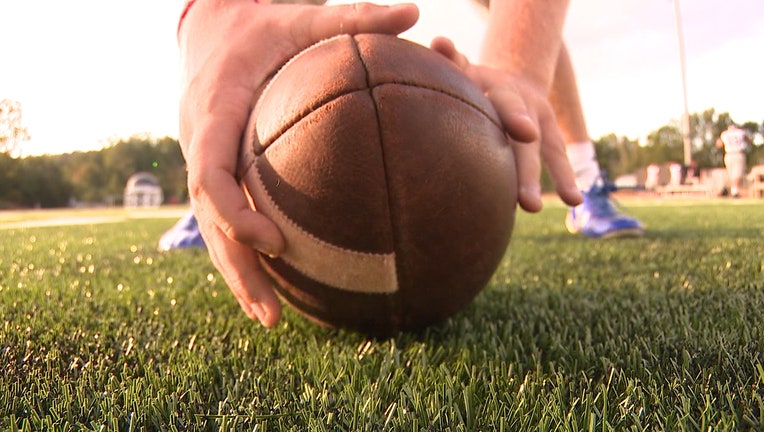Landmark NCAA settlement transforms college sports: Georgia schools to pay athletes directly

ATLANTA - A federal judge’s approval of a landmark NCAA settlement is set to dramatically reshape college athletics — and its effects will be felt quickly and deeply at Georgia’s public and private universities.
Under the agreement signed Friday by U.S. District Judge Claudia Wilken, schools across the country — including Georgia’s NCAA institutions — will be allowed to begin directly paying student-athletes as soon as next month. The ruling marks the most significant departure yet from the traditional amateur model that defined college sports for more than a century.
By the numbers:
The settlement, born out of a 2019 lawsuit led by former Arizona State swimmer Grant House, clears the way for schools to share up to $20.5 million per year with athletes. It also sets aside $2.7 billion to compensate former players who were previously barred from earning a share of the revenue they helped generate.
The shift will bring enormous changes to Georgia programs such as the University of Georgia and Georgia Tech, which compete in the powerful Southeastern Conference (SEC) and Atlantic Coast Conference (ACC), respectively. Those leagues, along with the Big Ten and Big 12, will now control key financial and regulatory decisions once managed by the NCAA.
For Georgia’s nearly 500,000 college athletes, the changes will have wide-ranging effects. Football and basketball stars are expected to benefit the most, with some athletes already securing multi-million dollar NIL deals. But many fear smaller programs — including those in Olympic sports like swimming, track, and gymnastics — could see cuts as schools redirect funds.
Walk-on athletes and those on partial scholarships could also be pushed out. One condition of the settlement allows those affected to return to teams if they were cut in anticipation of the agreement’s approval.
What they're saying:
"This is a groundbreaking moment in college sports," said legal experts familiar with the case, which also involved years of negotiations over roster limits and walk-on athletes. Judge Wilken’s final approval follows her earlier 2014 decision in the Ed O’Bannon case, which paved the way for name, image and likeness (NIL) earnings.
Local perspective:
In a significant move last fall, Gov. Brian Kemp signed an executive order allowing Georgia colleges and universities to pay athletes directly for NIL agreements without fear of sanctions from the NCAA or athletic conferences. The order was praised by school administrators and lawmakers as a way to help Georgia institutions remain competitive in the fast-evolving college sports landscape.
The executive order builds on earlier legislation — House Bill 617 — which took effect in July 2021. That law formally legalized NIL compensation for student-athletes in Georgia, allowing them to sign sponsorships, endorsements, and other marketing deals.
More recently, lawmakers have proposed Senate Bill 71, which would exempt NIL income from state income taxes. Supporters, including officials from the University of Georgia, say the tax break would make the state more attractive to top recruits by letting athletes keep more of what they earn.
What's next:
Meanwhile, colleges are racing to navigate this new era. Compliance will be overseen not by the NCAA, but by the major conferences and a third-party auditing firm, Deloitte. That means Georgia schools will now be accountable to a shifting landscape with fewer centralized rules — and potentially, more legal challenges.
Georgia’s universities must also grapple with varying state laws on NIL, which could create inconsistencies and trigger further litigation. NCAA President Charlie Baker has called for federal legislation to unify the system and provide legal protections for the new model.
Despite the uncertainty, attorneys behind the settlement say it fulfills a long-overdue promise to athletes.
"This was about making sure the people doing the work finally get a share of what they’ve earned," one attorney said. "That starts now."
The Source: The details in this article come from the NCAA and court records. This Associated Press article has been edited for formatting purposes. Additional details were added from previous FOX 5 Atlanta reports.

